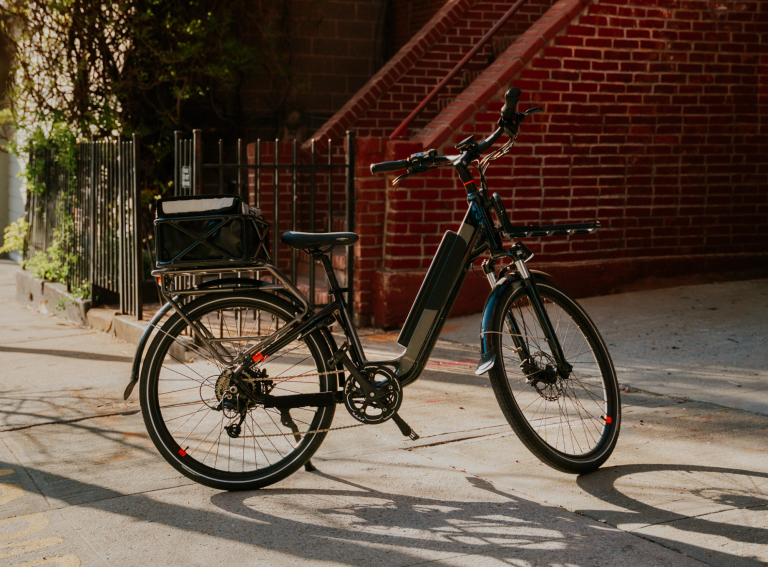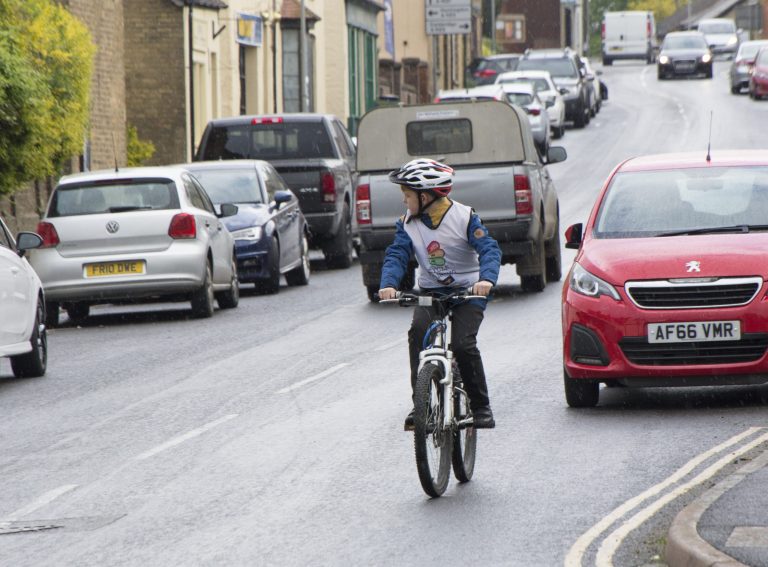56% of car commutes to work in England and Wales could be made by shared e-bikes or e-scooters, national charity for shared transport CoMoUK has found.
This translates into 7.4 million journeys, saving one million tonnes of greenhouse gas emissions each year – or 1% of emissions caused by domestic UK travel.
CoMoUK’s finding comes from its report funded by the Foundation for Integrated Transport, which investigates the full potential of shared transport in England and Wales.
Chief Executive Richard Dilks said that if he had to state the biggest factor limiting the potential of shared transport from reaching these figures, then it would be funding.
“The UK gives almost no public subsidy to shared transport, unlike some other nations who are doing much better in this regard,” Richard told Zag Daily.
“There are other important factors too, such as a lack of promotion and awareness-raising, and the lack of priority given to sustainable transport options over the use of private cars.”
The charity combined 2021 Census data from England and Wales with user research data from shared transport users. By measuring how many individuals and households match the same key characteristics as current shared transport users, the charity estimated how many more people could use shared transport in an ideal context.
For bike share specifically, 5.1 million travel to work trips could be feasibly made by bike instead of car – or 39% of all travel to work trips in England and Wales. This would reduce carbon emissions by 408 kilotonnes and replace 2.4 billion car kilometres every year.
The research also found that up to 7.2 million households in England and Wales – or 29% of total households – could feasibly use car clubs. This would cut car kilometres driven by 1.8 billion each year and lead to 1.6 million fewer cars on the roads.
What CoMoUK recommends
CoMoUK sets out seven recommendations to unleash the full potential of shared transport.
It first calls for a targeted funding and policy programme where shared transport is viewed as a mainstream in policy making and implementation. CoMoUK says integrated shared transport solutions should operate in all UK localities with a population of 100,000 or more.
The charity calls for policy clarity for future developments and points to the legalisation of e-scooters and support for small-scale car clubs in rural areas. Last month, the UK’s then-Transport Secretary Louise Haigh indicated that the government would legislate on e-scooters which was reinforced again last week during the launch of England’s Integrated National Transport Strategy.
However, Ms Haigh has since stepped down and all eyes are now on new Transport Secretary Heidi Alexander who has promised to build a transport system that “protects the environment”.
“We hope Heidi Alexander will take shared transport seriously, which means embedding it in the existing public transport system, factoring it in alongside active travel options, and also focusing outright on how it can be expanded nationally,” Richard said.
In line with this, CoMoUK calls for investment into an integrated, sustainable transport mix and a national network of mobility hubs, stating that the full potential of shared transport will only be unlocked once integrated with public transport and active travel.
Richard emphasises an integrated approach for rural areas too, and believes the government should focus on those rural areas which have suitable places to ride e-bikes and e-scooters in.
Its other recommendations include coordinating transport and spatial planning policies and creating financial support and tax incentives for shared transport. Additionally, the charity says shared transport should be incentivised such as through a national “mobility credits” reward scheme, and expanded according to quantifiable goals, benchmarks and timelines.




